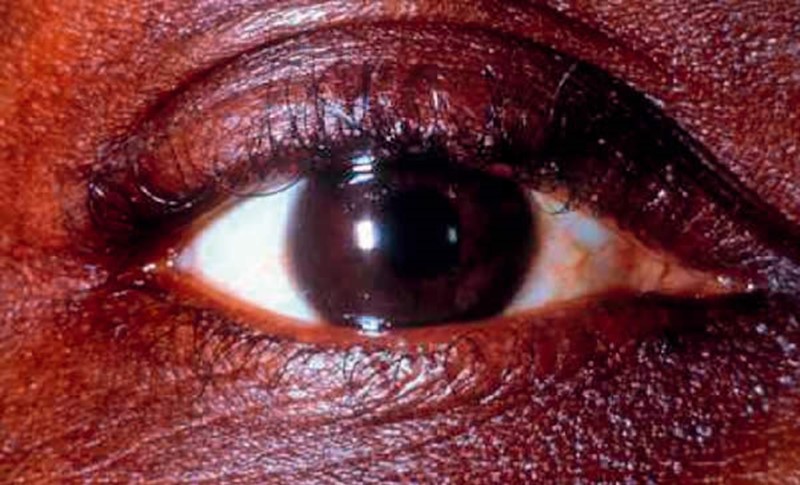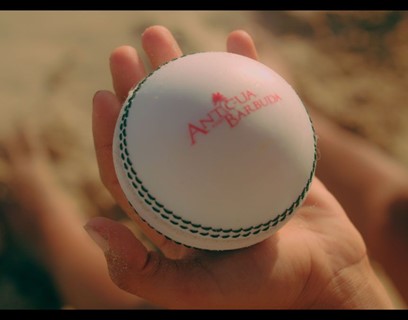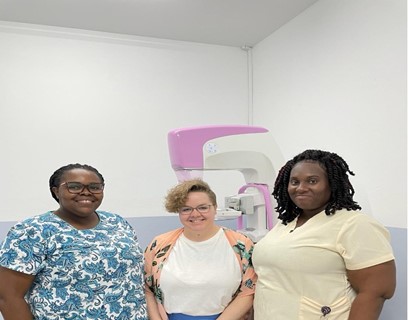
Glaucoma is the leading cause of blindness in African Americans and people from the Caribbean, but there is a simple way to prevent the devastating effects of glaucoma: Don’t skip your eyecare visits, advises Dr. Daniel Laroche, Director of Glaucoma Services and President of Advanced Eyecare of New York.
What is Glaucoma? Glaucoma is a disease of the eye characterized by three components:
1. Damage and loss of the retinal ganglions cells and optic nerve described as cupping
2. Loss of visual field
3. Usually increased eye pressure (the mean normal eye pressure is 15mmHG)
In most cases of glaucoma, there is no pain, and the loss of vision occurs slowly from peripheral to central. Many people do not even realize it’s happening until they have lost a substantial amount of peripheral vision.
People at risk for glaucoma include the elderly, Black people, people with elevated eye pressure, primary relatives with glaucoma, persons with high myopia, high hyperopia, history of eye trauma and diabetes.
Early cataract surgery and trabecular bypass have become the best options to stop vision loss in patients with glaucoma. The current use of eyedrops and laser help to lower intraocular pressure but do not address the causative mechanism of the glaucoma being the enlarged lens. Incisional cataract surgery and glaucoma surgery is often needed to truly stabilize glaucoma.
All people should be screened regularly for glaucoma as part of a medical eye exam that includes gonioscopy (examination of the drainage angle), intraocular pressure measurement with Goldmann applanation tonometry and a dilated optic nerve examination. If there appears to be any damage to the optic nerve or abnormal pressure, then a visual field test should be performed, and optic nerve photos taken. Persons with thin corneas should be more aggressively monitored and treated for glaucoma as the disease tends to be worse in these patients.
If you have eye pressure or glaucoma and feel that you may be losing vision, Dr. Laroche recommends that you seek the care of a glaucoma specialist for a second opinion. DON’T GO BLIND FROM GLAUCOMA! People with conditions such as glaucoma and diabetic retinopathy that could lead to blindness if left unchecked need to stay particularly vigilant with checkups.
“Eyesight or human vision is one of the most important senses,” Dr. LaRoche says. “As much as 80 percent of what we feel comes through our sense of sight. By protecting the eyes, people will reduce the chance of blindness and vision loss while also staying on top of any developing eye diseases, such as glaucoma and cataracts.”
About Dr. Daniel Laroche
Dr. Laroche is an exceptional glaucoma specialist in New York. He studied and received his bachelor's degree from New York University and a medical doctorate with honors in research from Weil Cornell University Medical College. He underwent a medical internship at Montefiore Hospital and finished his ophthalmology residency at Howard University Hospital in Washington D.C., where he was the chief resident in his third year. He later completed his glaucoma fellowship at New York Eye and Ear.


